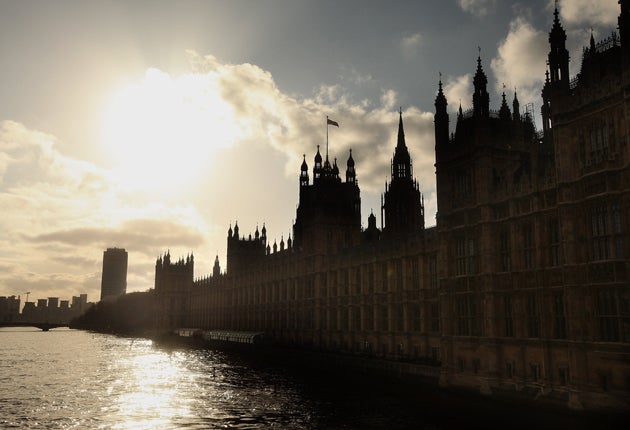Where the parties stand: Electoral Reform

Your support helps us to tell the story
From reproductive rights to climate change to Big Tech, The Independent is on the ground when the story is developing. Whether it's investigating the financials of Elon Musk's pro-Trump PAC or producing our latest documentary, 'The A Word', which shines a light on the American women fighting for reproductive rights, we know how important it is to parse out the facts from the messaging.
At such a critical moment in US history, we need reporters on the ground. Your donation allows us to keep sending journalists to speak to both sides of the story.
The Independent is trusted by Americans across the entire political spectrum. And unlike many other quality news outlets, we choose not to lock Americans out of our reporting and analysis with paywalls. We believe quality journalism should be available to everyone, paid for by those who can afford it.
Your support makes all the difference.Labour
The party is committed to holding a referendum on introducing the Alternative Vote system for Westminster elections, arguing it would ensure that MPs are elected with broad support while retaining the link with their constituency. It promises to complete the reform of the House of Lords by ending the right of hereditary peers to sit in the Upper Chamber and introducing tougher disciplinary curbs on abuse of their expenses. Gordon Brown argues he has taken the necessary action to stamp out abuses of the MPs' expenses system and that ministers' pay has been frozen. Labour backs giving voters the power to "recall" corrupt MPs. The party supports surrendering to Parliament powers previously held by the executive, including the authority to send troops to war and appoint senior judges.
Tories
David Cameron's party strongly opposes changing the voting system, but proposes cutting the number of MPs from 650 to 585 and equalising the size of parliamentary constituencies. It would also end the "generous" final-salary pension scheme offered to MPs. The party would cut ministerial pay by five per cent and freeze it for the duration of the parliament. It would also ban former ministers from working for a lobbying company for at least two years. The Tories are promising that any public petition supported by 100,000 signatories would be eligible for a Commons debate and any with one million signatures would lead to a parliamentary Bill. They are committed to a "bonfire" of unnecessary quangos and to publishing online every item of spending that exceeds £25,000.
Lib Dems
Introducing a proportional voting system for Westminster is at the heart of the Liberal Democrats' plans for political reform. They favour establishing multi-member constituencies elected by the single transferable vote, but propose setting up a Committee on Electoral Reform composed of randomly chosen citizens to draw up reform proposals. The Liberal Democrats back reducing the size of the Commons by 150 MPs, cutting the number of ministers to 73 and replacing the Lords with a slimmed-down, elected second chamber. Pledging to "take the big money out of politics", they would cap individual donations to parties and reform union funding. They promise to make the Commons expenses system fully transparent and to "properly punish" abuses of the rules. They would give constituents the power to "recall" MPs found guilty of corruption.
Join our commenting forum
Join thought-provoking conversations, follow other Independent readers and see their replies
Comments